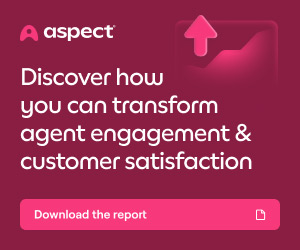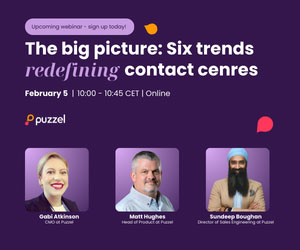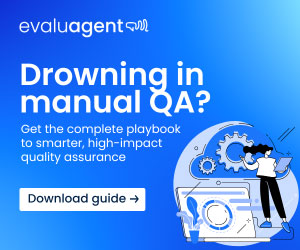Over the last number of years DEI has been the feature of many blogs, articles and white papers. But how does this actually impact how we attract, hire and retain employees? In this blog I will set out to explain what this is and how it impacts our hiring.
- D: Diversity refers to the representation of different people in an organisation.
- E: Equity ensures that processes, programs and opportunities are equal and fair to every individual.
- I: Inclusion refers to a sense of belonging in an organisation and promoting an equal opportunity.
Diversity in the Workplace
We believe that our employees are at the core of our organisation and ultimately, our success. Each member of our team brings a diverse range of backgrounds, career history and cultures.
They also each have their own unique set of experiences and knowledge to contribute. Therefore, we have a sincere and determined focus on ensuring that we are a diverse and inclusive workplace for all.
Our goal is to have a gender balance of employees, with 40% female staff in our workforce by 2028. We’re proud to say that we are almost at that goal today, as 32% of our employees are women.
This is despite the fact our business operates in a male dominant industry. We are making great inroads to this goal. However, always bearing in mind the very important E and I (equality and inclusion) once we hire diverse candidates.
Diversity in Recruitment
We have committed to ensuring a diverse workplace from the many initiatives we have in place. This is regardless of geography, such as blind screening of CVs, diverse interview panels, recruiting multilingual candidates and much more.
A lot of focus is given to hiring diverse candidates in terms of gender, race, ethnic background, language and ability. This is something very achievable given the expertise of our Talent Acquisition team.
The challenge I have seen over the years lies in Equality and Inclusion. Let’s explore further! When we look at positions we need to fill, we consider the following: how is my job description written, will it attract all individuals and is our recruitment process fair, encompassing accessibility to everyone?
We all know that hiring diverse people and treating them equally leads to greater employee satisfaction. Thus resulting in them feeling valued and staying with a company for longer.
We hire based on skills and experience, and we recognize academic achievement is very beneficial. However, it is not essential if skills based on experience are present, as not all individuals may have had the same educational opportunities.
We strive to have job descriptions open and free of any biases which may hinder someone from applying. Once hired, we ensure we reward employees fairly and equitably. The benefits we offer do not discriminate against anyone, for example same parental leave for males and females.
Diversity in Companies
We understand that diverse companies perform better. However, we cannot be diverse if we do not treat people equally. If employees are excluded from the table then how can a company succeed?
A quote which has etched in my head over the years is “diversity is being invited to the party and inclusion is being asked to dance” – Verna Myres. A pretty good analogy to sum up this topic.
Research shows that employees who feel included are 28% more engaged in their work. It also shows improvements in their well-being of 19%. They are also likely to stay in a business 3 times longer than those who do not feel included.
What Are the Benefits?
For workplaces, the benefits are multifold. Inclusive organizations are 6 times more likely to correctly anticipate change, thereby improving their response. They tend to achieve higher revenues and are 8 times more likely to have improved business outcomes.
When looking for new opportunities, candidates are researching their potential employer a lot more than past years before. Thus, investing their time in a recruitment process.
One topic that is often looked at is why previous employees left the organization. Employee turnover has many factors, 2 of which I find are equality and inclusion in the workplace.
Most candidates, in particular millennials, will engage with employers that have a diverse workforce and an inclusive environment. We are striving to address this from efforts we have invested in ensuring an open and inclusive environment.
This will allow staff to be comfortable with sharing ideas, speaking up in meetings and applying for that next opportunity.
Author: Guest Author
Published On: 25th Aug 2022
Read more about - Guest Blogs, Spearline




































